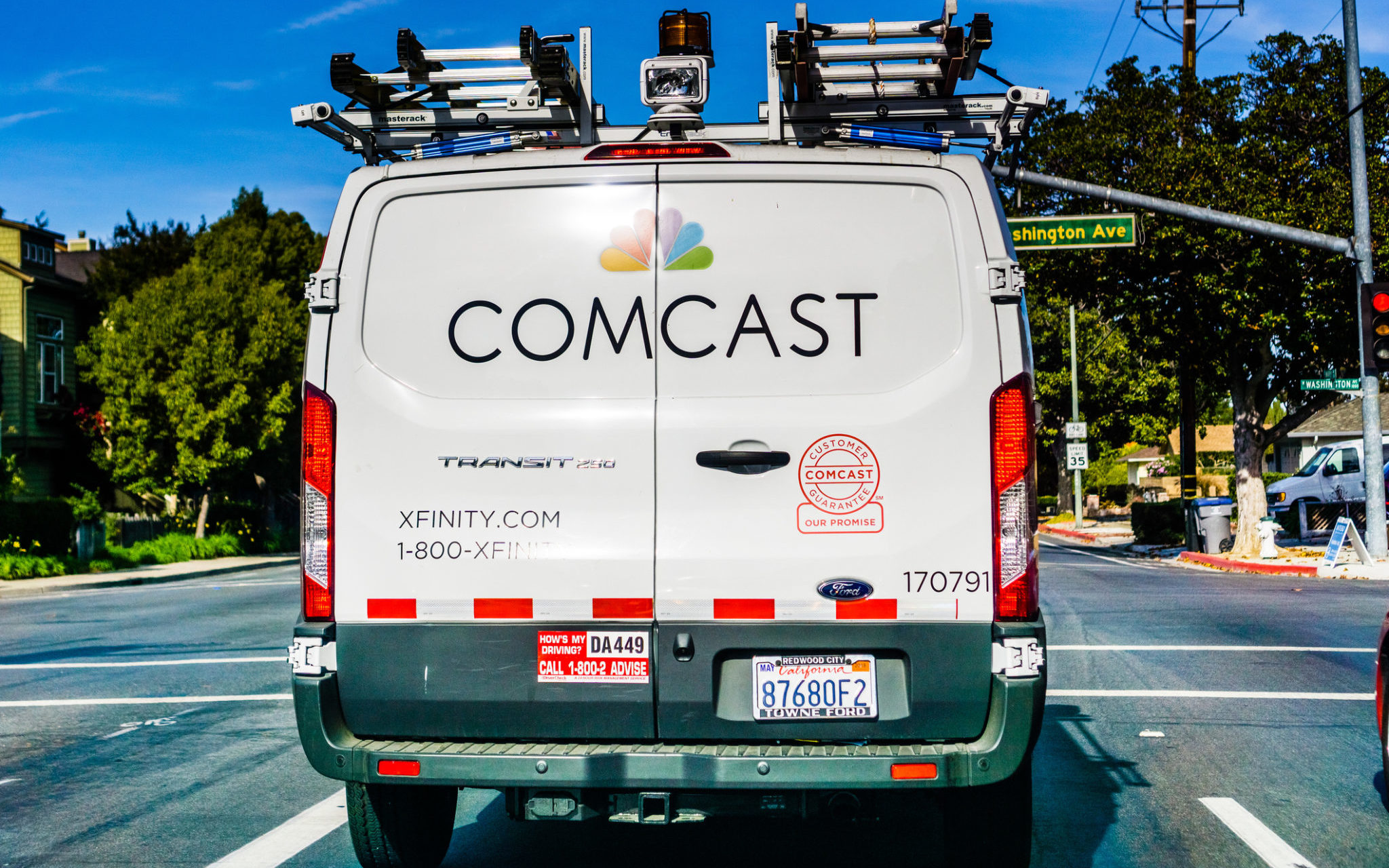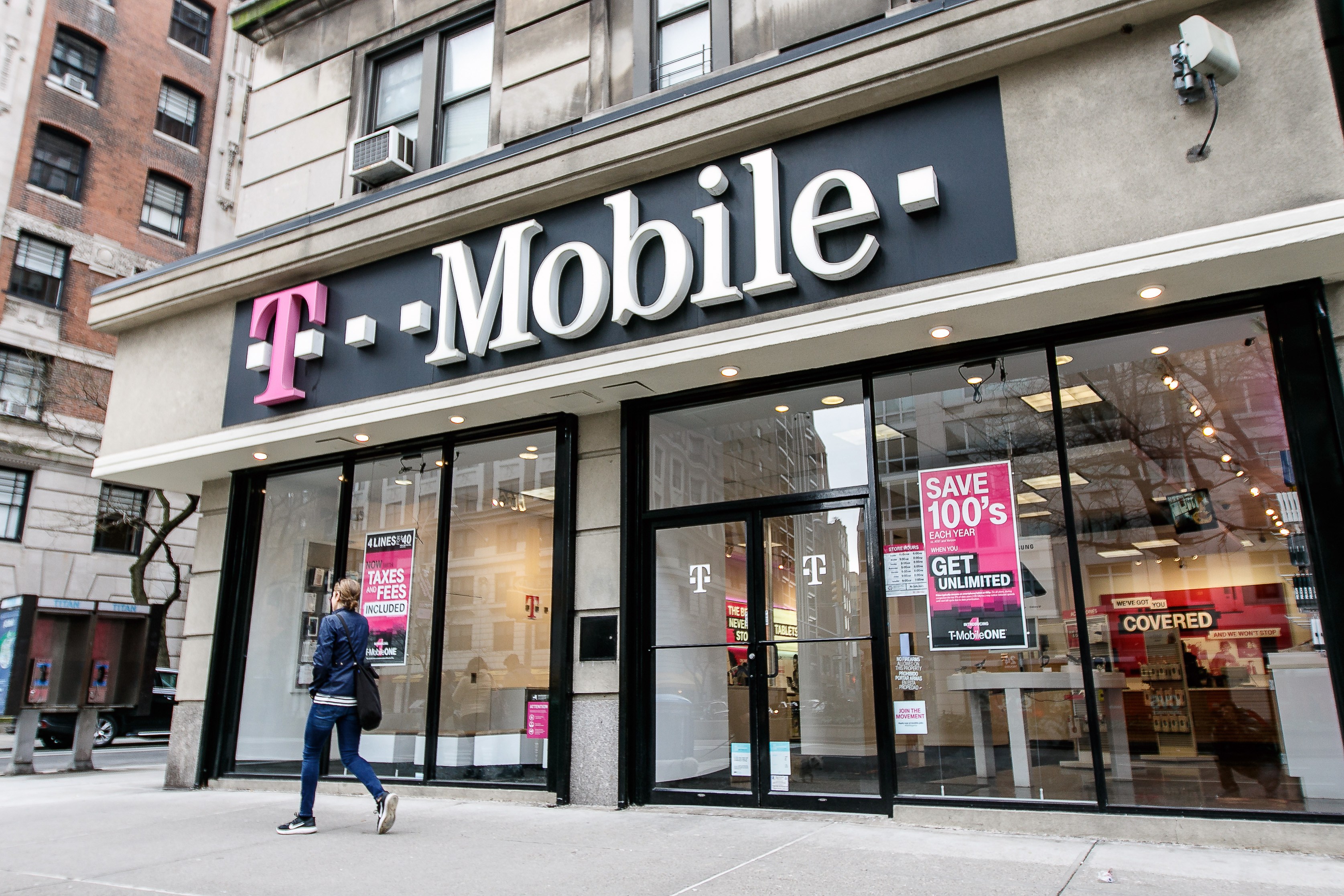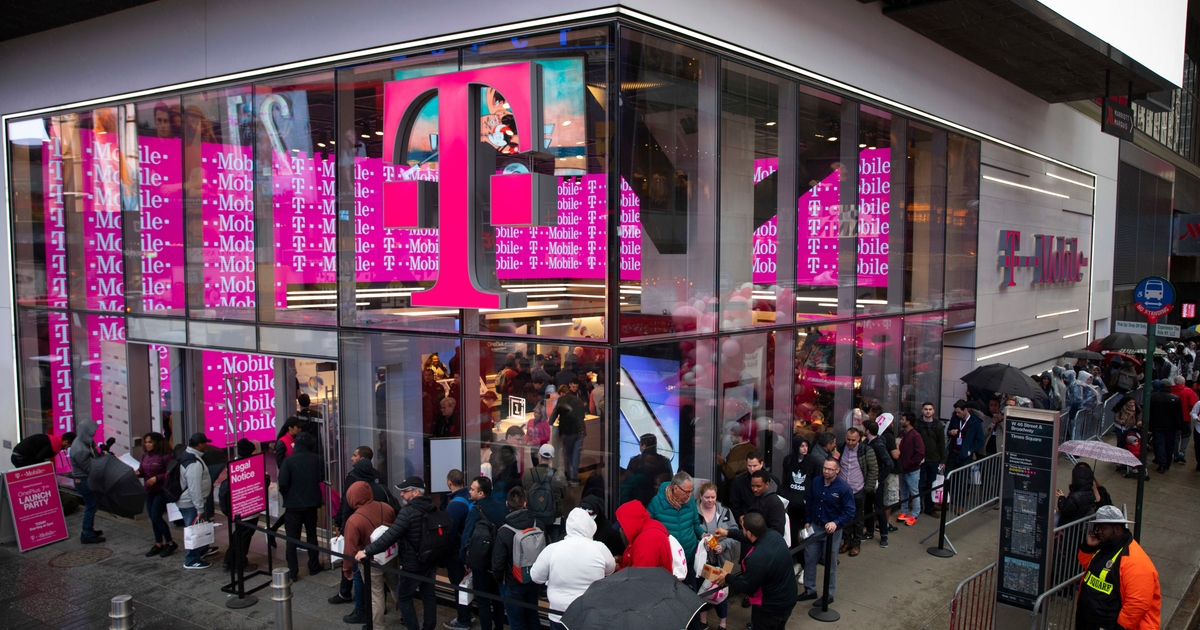My guess is 5G services.
My old sub-division back in Michigan ( moved in 2020), we only had one option, Comcast, today, they have all of the 5G Options available.
Where I am now, in Florida, only Charter/Spectrum, no 5G, in the next few years, we shall see.
Yeah, a lot of folks leaving cable broadband are switching to fixed 5G, although many to fiber too.
Just this week, Comcast announced a new low-end value-priced option, designed to compete with 5G, I'm sure. It's called NOW Internet. It's prepaid, no contract, no credit check, no add-on fees, and
no data cap. Comes with a free older model Comcast gateway (dual-band AC, I think, with gigabit ethernet ports). There's no promo or bundle pricing and no free access to Comcast's public wifi hotspot network.
But the prices are very compelling: a flat
$30/mo for 100 Mbps down and 10 Mbps up (typically about 119/12) or $45/mo for 200 Mbps down and 10 Mbps up (typically about 238/12).
The $30 plan will probably be the long-term solution for me as well as my parents. (I help them manage all their tech.) 100 Mbps is plenty fast enough to stream 4K HDR on two TVs at once with bandwidth to spare for web surfing. And 10 Mbps up has been perfectly sufficient for our 720p video calls. I see no point in paying more for additional bandwidth that we wouldn't use.
Around here, at least, Comcast's network is good, quite reliable. I did have reliability problems with them over a decade ago but not any time recently. I'm glad fixed 5G exists and is putting pricing pressure on cable but I prefer the reliability of a wired connection. I did try Verizon 5G Home for one month a couple years back. It was mostly good although the gateway would randomly reboot occasionally. Speed test results varied wildly but it was always fast enough to stream 4K without buffering.
EDIT: Here's the NOW Internet website for anyone interested:
Internet



